Personal essays. Mrs. Murphy’s sixth grade English class, Hawthorne elementary school, the un-slums of Beverly Hills, l955ish. The zenith of the personal essay period. I twitch at the thought of it.
Mrs. Murphy, the Mount Rushmore wanna be. A thick, heavy, bovine person; a Newtonian proof; too much gravity in her gene pool—downward, everything seemed to be pulling her down, entire head seemed weighted, by southward bound creases, crevices actually; as if the physical act of smiling had somehow escaped her developmental processes; heavy footed, clunk, clunk, clunking down the aisles, slow spoken in a melancholic, monotonal, whiney voice; as if the very act of having to talk to us requiring every ounce of her remaining life force.
Mrs. Murphy loved essays. She didn’t have to talk. Also sentence diagramming. Loved it. Plodding up and down checking for cheaters, sighing. That classroom, with the too high ceilings and the too high windows allowing the prisoners slaving away below a glimpse of tree tops and cumulus clouds and the possibility of freedom, freedom being up, the apple before the drop, somewhere other than here at this little desk trying to look forward to a life beyond Mrs. Murphy and her ilk. Beyond Mrs. Pearl, the homeroom teacher and frustrated, failed musical comedy Star—or “Light Opera” as she called it; which I had no knowledge of; was that opera without all those fat singers? Mrs. Pearl with her black Clara Bow bob and her huge, purple lipsticked mouth, which looked like an eggplant, though I don’t think I’d ever seen one then.
Mrs. Pearl and her tiny purple smeared teeth sitting at the piano (prisioners, again, we were—captives, an audience without the possibility of exit) for her performances. “Don’t throw bouquets at me, don’t hold my hand too much” no problem there. Mrs. Pearl catching me in the middle of what I still think was a pretty passable imitation of her, mouthing the words, “People will say we’re in love,” dragging me out of the class and slamming me up against the lockers, her face—the opposite of Mrs. Murphy’s—vibrating with energy, rage, mania. “You, you spoiled brats!! You have everything!! Everything!!! And you don’t appreciate it!!!” Was I? Did I?
“How I spent my Summer Vacation.” Alone, mainly. Did a lot of running back and forth in the backyard; jumping in and out of the sprinklers; this kept me cool and busy and pretty well blotted out the scary sounds coming daily from the house. My father screaming and yelling, my mother also screaming but with the highly unnerving add-on of hysterical sobbing at no extra charge. In and out, back and forth. No friends over, too risky, too hard to predict the eruptions or count on the sprinklers drowning it all out. No biking around, don’t want to go too far, just in case she “DID something to herself,” wasn’t sure what that meant, but it certainly didn’t sound good. Doors slamming. Despair. That heaviness again. Mrs. Fucking Murphy following me home.
“What do I want to be When I grow UP?” Anybody, but my mother. “When I grow up I want to be a writer and live in New York City and New England.” Oh, okay. Not that I knew anyone who had done any of that. So, how did I know? “Also, I would like a dog and to never have to diagram a sentence ever again in my life or write another fucking personal essay or at least not until I am really a person and know what to say.”
Until I’m no longer a prisoner of the Beverly Hills penal, or school system; no longer required to attend Mr. Green’s math classes and look at his scary, bulgy, hairy flexor muscles (can’t he ever roll those sleeves down, long addition is hard enough without all these distractions.) Without the way he slams the plastic ruler into his palms while he paces the aisles (cheaters again). Hard glittery eyes behind rimless glasses (way before fashionable) so angry, in that way my father was, just LOOKING FOR AN EXCUSE to attack.
72 goes into 3450, just enough times to get out of here.
“What I did on My Summer Vacation Part Two,” somewhere in the middle of the screams and sprinklers, it was decided that my brother and I should go away to Camp for a month. This was quite a shock. We knew nothing about “Camp.” My father was not a camp kind of dad. Money was to be spent making money not on providing indulgences for seven and ten year olds with a perfectly good sprinkler system and the Good Humor truck tinkling through the neighborhood twice a day.
My parents were card carrying members of the first generation born in America of refugees, the children of Jewish escapees from the Russian Pogroms. People like my parents were the “filler” between the movie people in Beverly Hills. Not rich, but “well-to-do” lawyers, doctors, widget manufacturers, real estate developers, who aspired and worked hard. Seriously hard. White knuckled and humorlessly hard; trying to move up bock by block, the B.H. status climb—the further from Santa Monica Boulevard, the closer to Sunset the more successful. We were then at about the 600 block—a long way to go. So camp?
What did I know. I knew nothing of bird watching, canoeing, white toast, “ninety-nine bottles of beer on the wall,” marshmellow roasts or sleeping in a room with lots of other female people. Even at ten, I thought “camp,” I saw barbed wire, arm numerials, and for sure, no bazooka double bubble or Hershey Kisses.
This was not a choice we were given. I still have no idea where the hell it was? Camp Tocaloma, somewhere on a lake; Arrowhead? Big Bear? Maybe just a reservoir in the valley. Off we went. I was numb. My brother was, hysterical.
Camp. Confinement behind fences. To hall bells, we now add whistles. Lines, more herding. Teams. Organized activities. Teams like softball, my morbid fear of balls being throw toward me, making me every team captain’s nightmare. I would stand waiting not to be picked, praying silently, “just don’t let me me last,” anything but the very last one. Usually I was second or third from the last, but the last of the so-called normal kids, meaning without serious impairments of the nurses’s excuse level.
The truly unexpected and miraculous thing was, I started to love camp. I got it. The bossy little big mouth became extremely popular. Arts and crafts. Talent shows. I’m home. And I fell in love.
My counselor Fern Fox with her kinky poodle cut black hair and her big black eyes and her smooth olive skin and her “leadership ability” and her big soft smile and her confidence. Love. My mother for a month, and I was her devoted rock.
My roommate and I shared a cabin with Fern. Oh, Fern! I would lie awake at night and watch her sleep. Even asleep she looked cheerful and confident. She seemed to just know what to do like good mothers are supposed to. I thought a lot about her unfortunate name. I had fantasies about who her mother must be to name a tiny, cute little baby, Fern. I searched for nicknames. “Fernie.” “Ferno.” What a burden! In todays world, just imagine. “And now, the beautiful wife of the movie star, Fern Pitt.” “And now we are honored to introduce our lovely First Lady, Fern Bush.” It didn’t seem to bother her. Nothing seemed to bother her.
Even the escape of my roommate. Not everyone did so well at camp. Escapes were whispered about. My very own seven year old brother had been sobbing almost consistently and threatening to run away. Fern even went with me to console him. Escape brought those other Camp images. My very own roommate, the flashlights at our door that night, Fern racing around. The “search” to track her down, brought back my first fears about “Camp.” Paranoia roiled through me. Was this all a ruse? Were there barbed wire fences behind the trees? German shepherds ready to pounce and rip into sunburned little kids? Mammoth men in helmets with no lips and big guns racing around the woods, shouting in that terrifying language? When she was captured and brought back she wouldn’t speak to us, just curled up on her side and waited for her parents to come and take her home. I remember watching her and thinking that could have been me. What a relief. Camp was great. No torture. No lampshades made from my red-headed, freckled white skin. I became very skilled at the weaving of larayettes and had my first kiss from a boy named Lee with more freckles than I had.
I won the talent show and it all went to my head. I began using a “nom de Plume” in my letters home. I became “Gloworm,” finishing my cursive tail with a glowing worm drawing.
“Dear Mom and Dad, I am having a really great time and I’d like to know if I could stay for another two weeks. I know Parent’s Day is coming up, so if I can stay, you could just pick up Ronnie and leave me here. Love and kisses, Gloworm.”
I saw my father first, standing in that tense, uneasy way he stood at all ad hoc social occasions; not mingling or speaking to anyone. I looked around for my mother, but all I could see was a strange woman standing next to him, her back to me. A woman with very short, dyed blonde hair and toreodor pants and big hoop earings and some sort of peasant blouse. She turned and waved in my direction and I moved closer, my stomach squeezing up, my heart beating too fast, my body preparing me for danger, for some sort of terrible change, some sort of paying me back for becoming conceited and loving Fern and liking camp and having fun while my brother cried his eyes out every night.
The smile was my mother’s. My mother had a beautiful smile. Lots of big white teeth. But my mother was dignified, a shy sort of person in public. My mother had curly neck length brown hair. What had happened to her? Was this what she meant by, “Doing something to herself?” Everything about her was different. I kept moving forward, but I think, looking back, my heart was breaking into pieces and crumbling up in my chest. I was not often speechless, but I was then.
Maybe, even without the drama of the transformation, long before the days of make-overs, maybe the month of real distance, just highlighted the emotional distance, but it felt as if my mother had disappeared and the truth is, My truth is, I never got her back. Not really. She had been kidnapped by some hussy in pedal pushers; gone forever or at least, what was left of the illusion of her.
I attribute my obsession with all versions of The Stepford Wives and any Body Snatching science fiction movie, where the people you love turn into empty-souled strangers who just still look like the people you love and you can’t put your finger on it, but in that heroine of science fiction movie way, they just KNOW, started right there in the straggly woodsy, run-down picnic area of Camp Tocaloma, the summer before seventh grade. The last summer of real childhood.
The next week I went home with my campmates on the bus, singing all one hundred verses of the eternally horrible bottle song. I had my awards, my art work, my larayettes and the piece of paper with Fern’s address and phone number on it. But camp had really ended on Parent’s Day. Maybe it always does. They shouldn’t really be allowed to come, you know. It invades, rips the sleeping bag open while you’re still dreaming, holds the whistle and flashlight up to that precious little circle of fledgling identity. Me without them.
“What do I want to Be when I Grow Up,” when I grow up I want to be someone who never has to respond to a bell or a whistle, someone who does not have to line-up or participate in any sort of team activity. Someone, free and confident and cheerful. Someone like Fern, only with a nicer name.


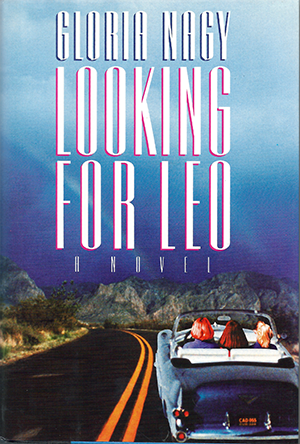
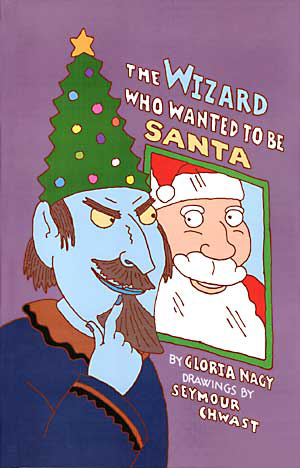
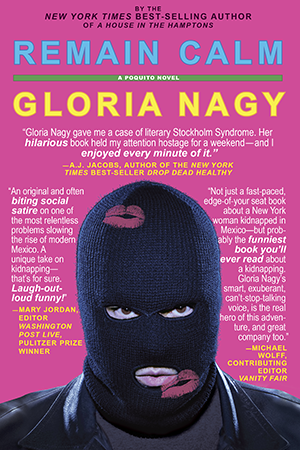
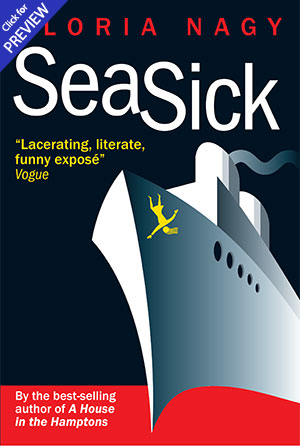
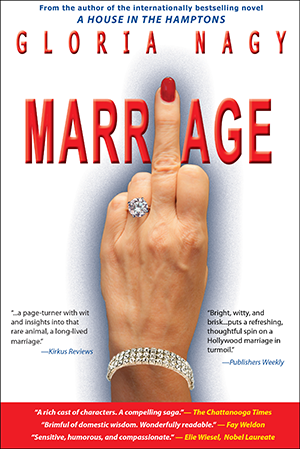
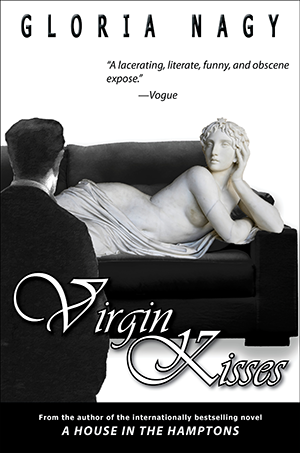
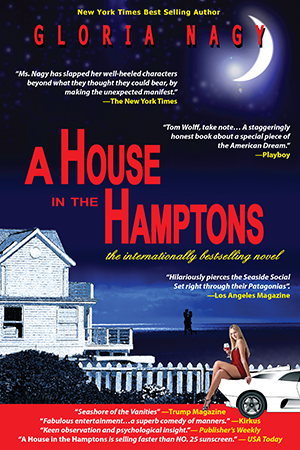
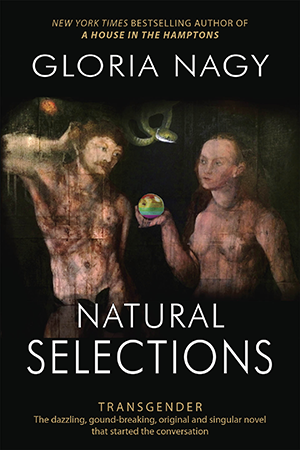
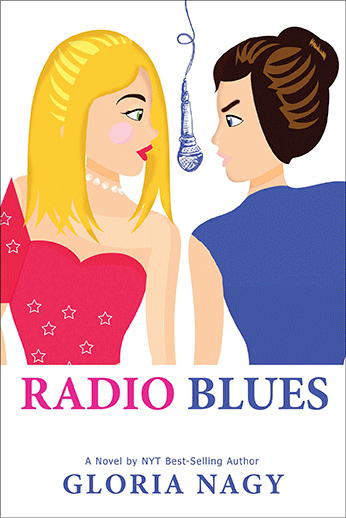
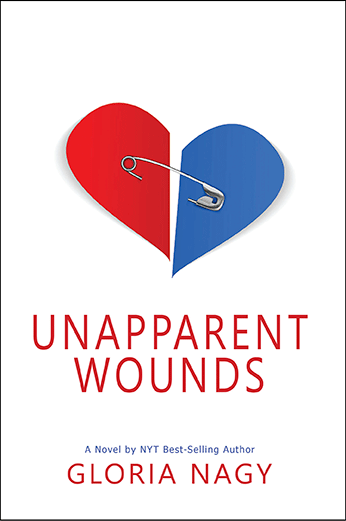
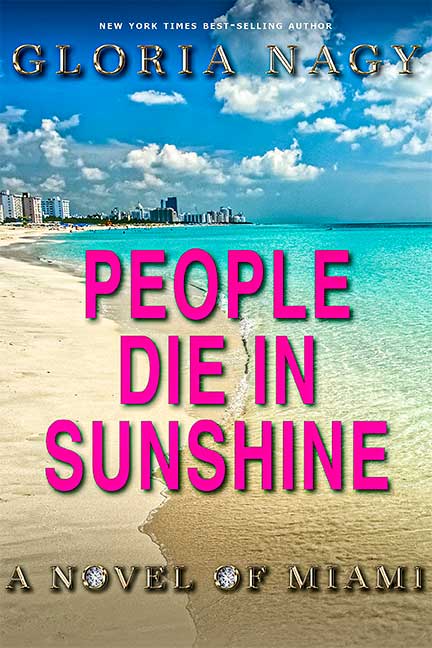
Wonderful! Momma doing what she does best!
Stunning! Can’t believe you knew already (by 6th grade) that you wanted to be a writer, live in New England and have a dog…Beautifully written. I want to read more!
Gloria! You are so incredible! You made memories of camp come flooding back…thank you for this beautiful insight into Glorialand. It is a wonderful place.
Love the phrase “too much gravity in her gene pool”. Priceless
I’m giggling, because I know you and love your piercing sense of humor. Yes, of course, there’s a sadness in these words too. But no one but you knows how to turn a phrase and make the reader flip it over three times before moving on to the next novel thought. You are good, girl!